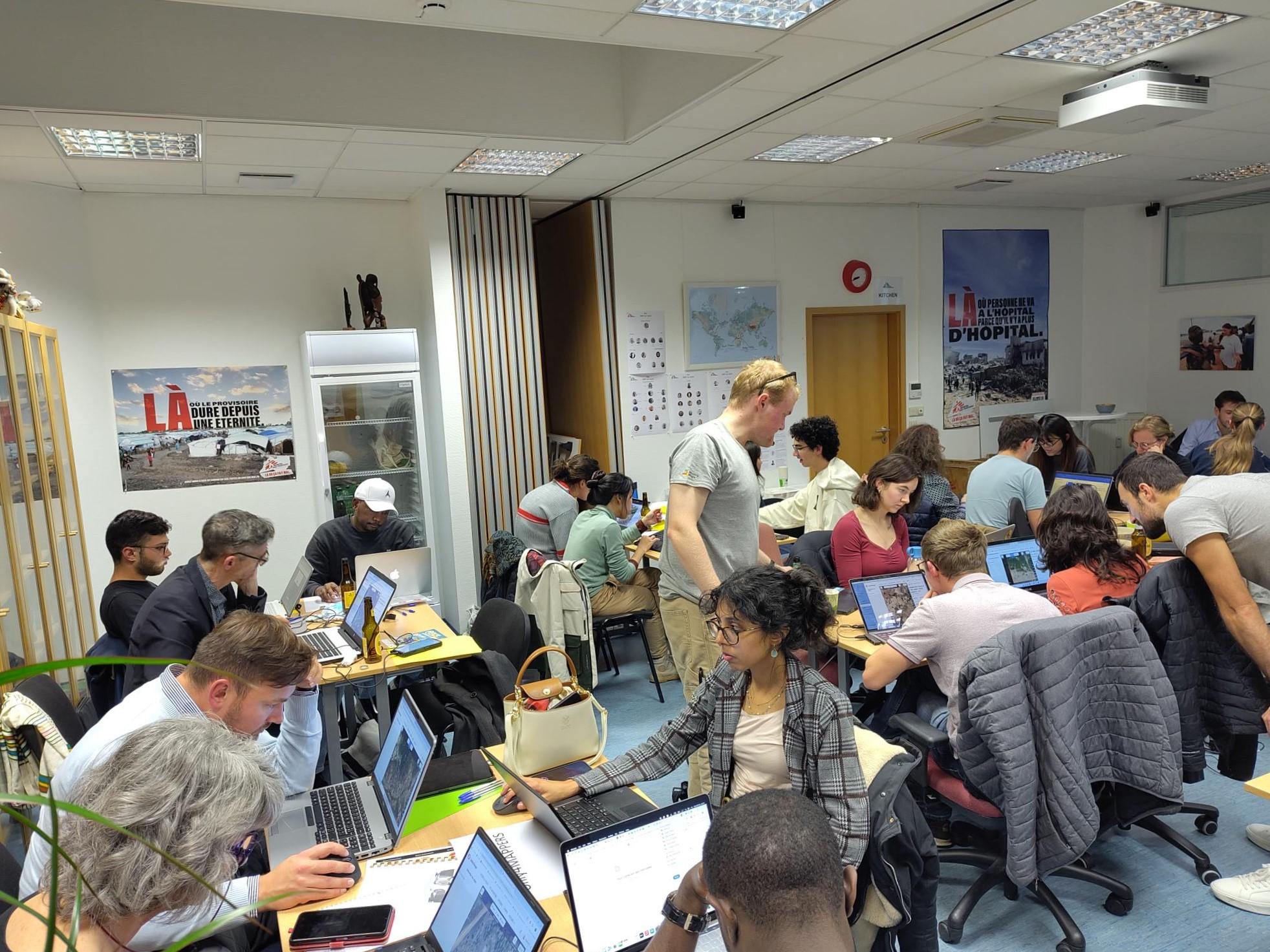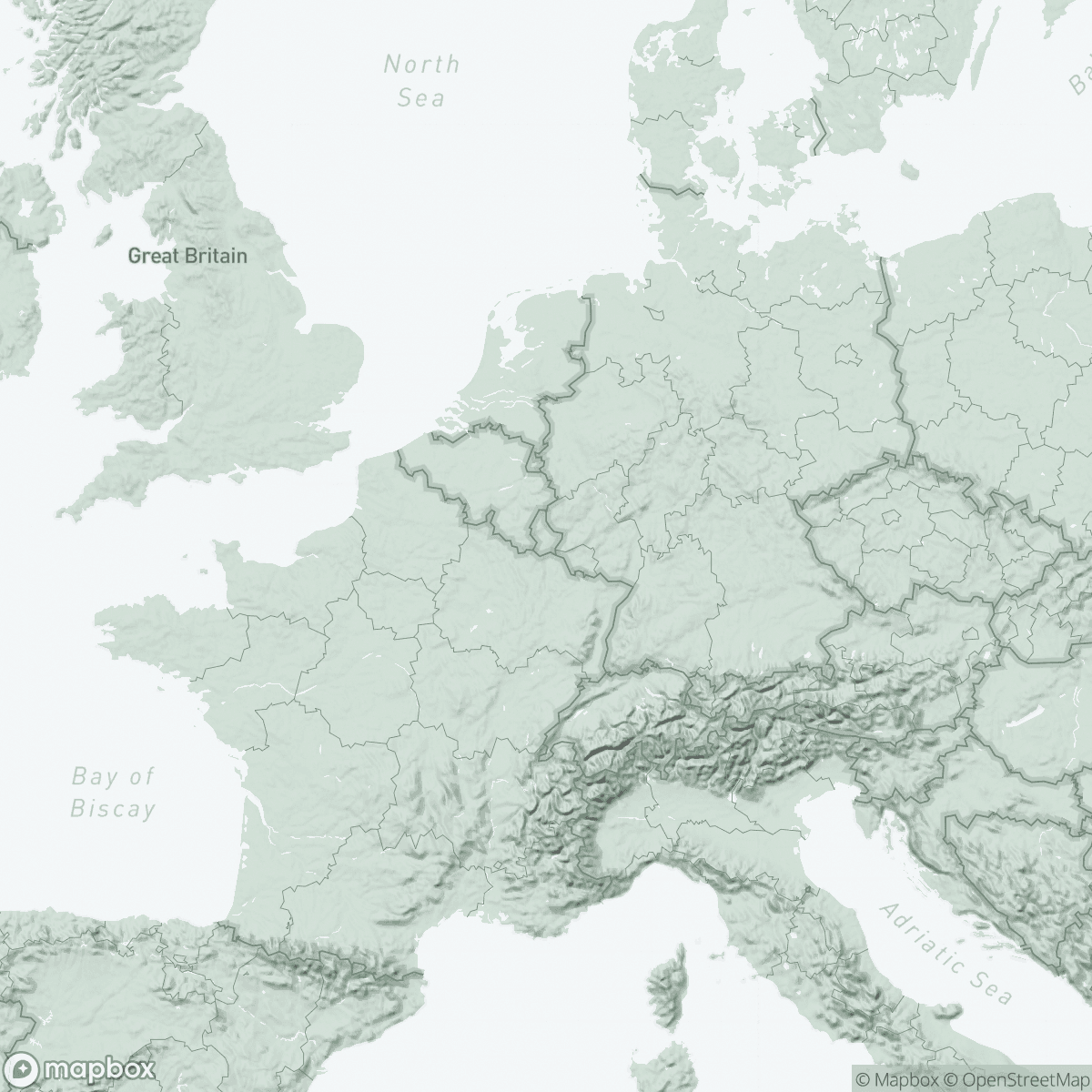Mapathon on October 29th: 500 km of roads mapped
In 1 click, help us spread this information :
The community of mappers from Médecins Sans Frontières Luxembourg gathered on October 29 for a mapathon. The event brought together 49 participants, both in person in Luxembourg and remotely. Together, they contributed to a humanitarian mapping effort in support of our operations in Twic County, South Sudan. A new feature of this edition was that participants focused exclusively on mapping roads.
By the end of the evening, more than 500 kilometers of roads had been identified from satellite imagery and added to the Missing Maps database. This essential information helps estimate the local population and identify the most effective means of transport to deliver healthcare to as many people as possible.
Why map remotely?
In many of the regions where MSF operates, available maps are incomplete or even non-existent. However, in order to plan an effective medical response, it is essential to know the location of villages, roads, health facilities, and water points. This is where collaborative mapping comes in.
Mapathons are participatory workshops where anyone, even without prior technical knowledge, can contribute to improving and enriching mapping data. Using satellite images and an online, open-access tool, participants identify buildings and roads. Each click provides a better understanding of the terrain, enabling more effective action.
Together, mapping the road to healthcare access

Throughout the evening, participants took part in a collective mapping exercise, guided step by step by tutorials designed by our teams, with the support of members from RSS-Hydro, who attend each of our events to assist participants. This activity, both technical and collaborative, was accompanied by a reminder of the humanitarian context that gives meaning to the initiative.
Each line drawn on the map represents far more than a road: it could be a potential route for a medical vehicle, an access path to an isolated village, or a vital link between emergency teams and patients.
Mapping to support humanitarian actions
Twic County in South Sudan was selected as the mapping area. In this region affected by conflict, population displacement, and recurring floods, Médecins Sans Frontières works to meet urgent health needs. Medical teams treat malnutrition, conduct vaccination campaigns, and fight epidemics such as measles and cholera.
The areas mapped during mapathons are chosen based on requests made by teams working on humanitarian projects.
Tarek Khan, GIS (Geographic Information System) intersection referent in South Sudan, spoke online at the start of our event to present the context in which the mapping data would be used.
Road mapping contributes directly to these efforts: it helps identify the most viable routes for delivering medicines, transporting patients, or deploying teams in the field. By improving knowledge of the road network, maps also facilitate logistics planning in a region where every kilometer traveled can make a difference.
Would you like to participate in the next mapathon?
Join us for our upcoming events! Whether you are a beginner or experienced, your help is invaluable.
The next mapathon (in German) will take place online on November 17.
Subscribe to our newsletter to keep up to date with the latest news.

